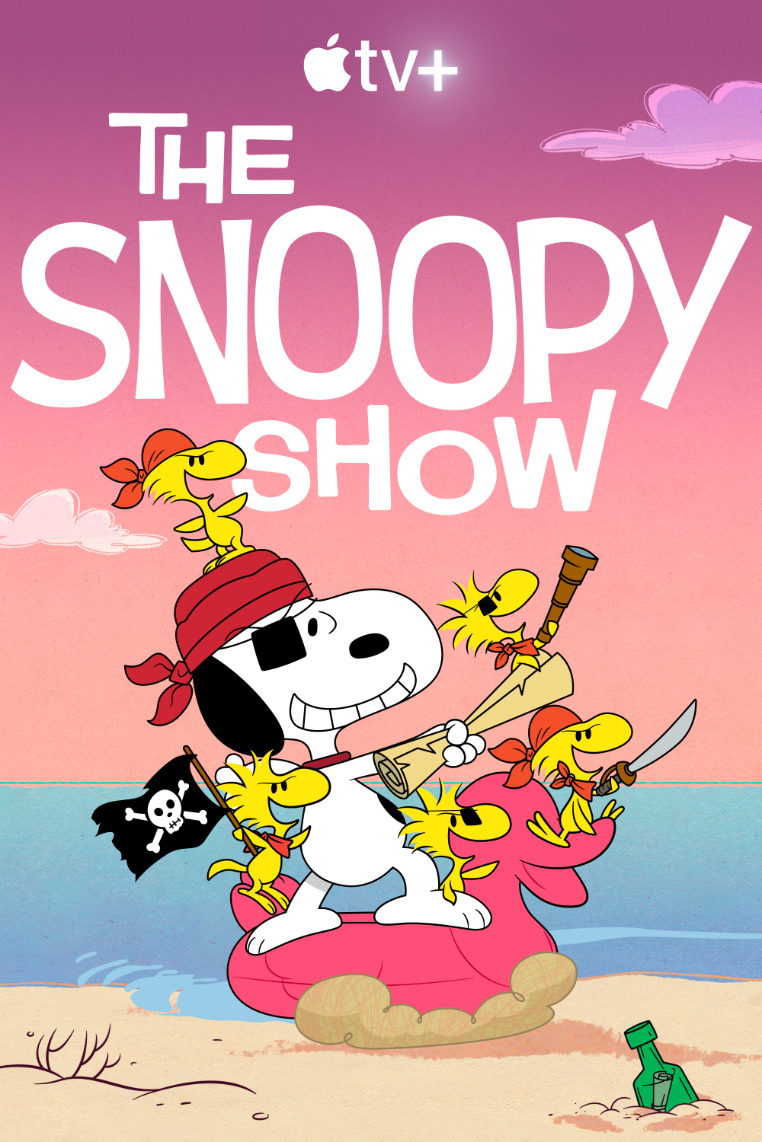
HALO: THE SERIES is a Muddled Sci-Fi Mess
By Movieguide® Contributor
HALO is a 2022 sci-fi drama that premiered on Paramount+. In the 26th century, humanity wages an intergalactic war against the Covenant, a faction of zealous aliens. Master Chief (Pablo Scheiber), a bionically enhanced super soldier, serves as humanity’s last hope. When Master Chief stumbles upon an ancient artifact, he questions his morality and uncovers a larger conspiracy within the military. HALO: THE SERIES is based on the Xbox video game franchise of the same name. It is produced by Showtime and executive produced by Stephen Spielberg.
HALO: THE SERIES is yet another ill-formed adaptation of a beloved game franchise. The show boasts impressive production values and visual effects. Strip these qualities away, and all that is left is torturous dialogue, slow pacing, and mediocre melodrama. It includes intense gore, violence, and brief glimpses of nudity. Moreover, it fails to satisfy fans of the classic Xbox titles. MOVIEGUIDE(R) recommends that mature audiences skip this show.
In the first season, Master Chief works for the United Nations Space Command (UNSC), an intergalactic government / military organization. Master Chief, also known by his tag “John 117,” is a stoic and “no-nonsense” soldier. John and the group he leads are elite soldiers known as “Spartans.” In the first episode, John and his team spot an alien attack on the UNSC colony Madrigal. They jettison to the desert planet and defeat the Covenant incursion.
Shortly after the firefight, the Spartans detect an energy anomaly inside a cave. John examines the alien “artifact” and receives visions of his mysterious childhood. He asks for clarification from his military commanders, but they refuse to answer. John questions the secrets behind the powerful artifact, his past, and his purpose in the Human-Covenant war.
In terms of production design, HALO: THE SERIES knocks it out of the park. The futuristic and gritty set designs are stunning. The visual effects for the Spartans and the Covenant aliens are spectacular. Hundreds of human extras populate the landscapes, which give more credence to the show’s epic scale. Each episode reportedly costs $10 million to produce, which explains the extravagant scope. If only the showrunners spent more of their budget on the writing.
HALO’s lackluster writing is multifaceted. The first weakness ties directly with its worldview. The show carries a bleak, joyless tone with hints of bravery and levity. It showcases Master Chief’s unethical upbringing, government backstabbing, and the brutality of war. Human and alien characters are taken out in gruesome, bloody fashion. Gore, bodily mutilations, and occasional swearing are present.
The only redeeming quality to this worldview is exploring the UNSC’s darker side. In the games, the military is glorified as “the good guys.” In the expanded Halo universe, the UNSC are responsible for child-kidnapping, human cloning, and psychological manipulation. The TV series exposes the UNSC’s dirty deeds and chastises their moral failings. Master Chief rebels against his manipulative superiors.
To counteract the negative worldview, John embodies certain Christian qualities. He rescues a teenage girl from death and defends his fellow Marine soldiers. John transforms from a no-nonsense, killing machine to a man taking charge of his own destiny. At one point, he disobeys a direct order and saves his Spartan friend from an ambush. John begins to realize there is more to life than being a mindless pawn for the UNSC. However, these moments are buried under the endless monotony.
HALO’s biggest issue is the lackluster and atonal writing. Other than Master Chief and his AI companion Cortana, the characters are flimsy pieces of cardboard. Numerous scenes are dedicated to the UNSC and their emotional manipulation of the Spartans. These discourses on the organization’s unethical behavior are a great topic for science fiction to delve upon. However, they contain wooden dialogue and bizarre pacing. Moreover, there are three out-of-place human nude scenes. They are shot in a “sterile” way and come out of left field.
The tone is 90% bleak with only glimpses of happiness. Master Chief pushes a forklift out of his way and growls against Cortana’s sassy behavior. A morally dark tone is fine, but well written shows explore a spectrum of human emotion. HALO stays depressing, other than forced comic relief and a few genuine moments of intrigue. This one-note tone misunderstands the core appeal of the Halo franchise.
HALO: THE SERIES fails to leverage the franchise’s greatest strength: the music. The games featured a healthy mix of Gregorian chants, rock, and orchestral symphonies. The songs provided memorable melodies, a sense of “otherworldliness,” and are famous outside of the games. The TV series uses only one or two of the franchise’s most iconic themes. Most puzzling, the majority of the TV soundtrack is generic “military action” filler. This lack of direction applies to the little details.
HALO: THE SERIES makes bizarre stylistic changes to the source material. Master Chief takes off his helmet in most scenes, which does not match his attitude in the games. The action scenes mimic the first person gunplay and sound effects. Moreover, Cortana’s actress from the games reprises her role for the small screen. She is in line with her game portrayal, yet everyone surrounding her are derivative of much better sci-fi stories.
In conclusion, HALO: THE SERIES is a failed entry in science fiction television. The high production values fail to mask its bleak tone and painful writing choices. It features blood, gore, brief nudity, and copious amounts of benign melodrama. Moreover, the series barely leverages the franchise’s iconic music or deep worldbuilding. It is clear it was made by people who do not respect fans of the Halo franchise. MOVIEGUIDE(R) recommends mature audiences to skip this series.
Questions or comments? Please write to us here.


 - Content:
- Content: 

